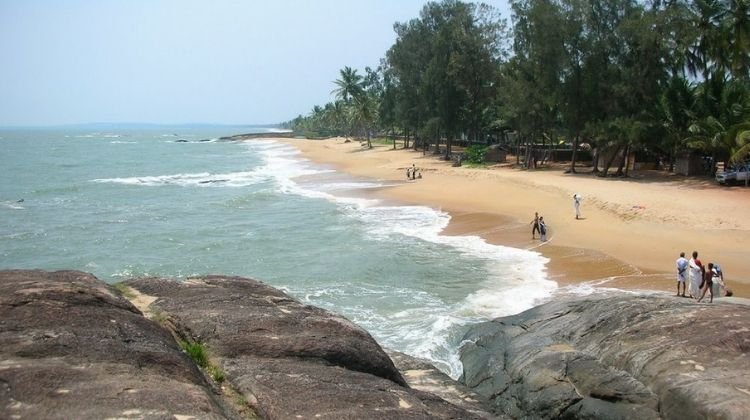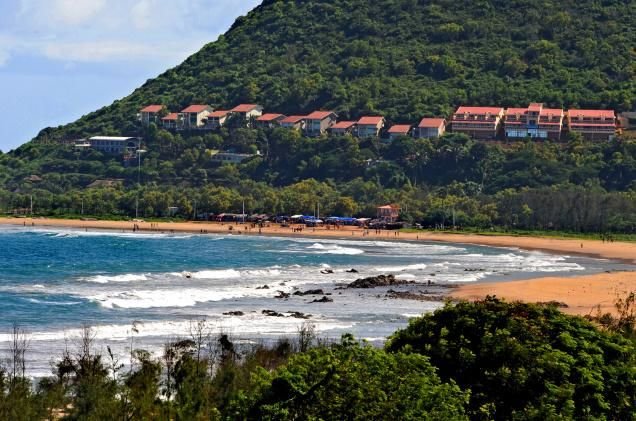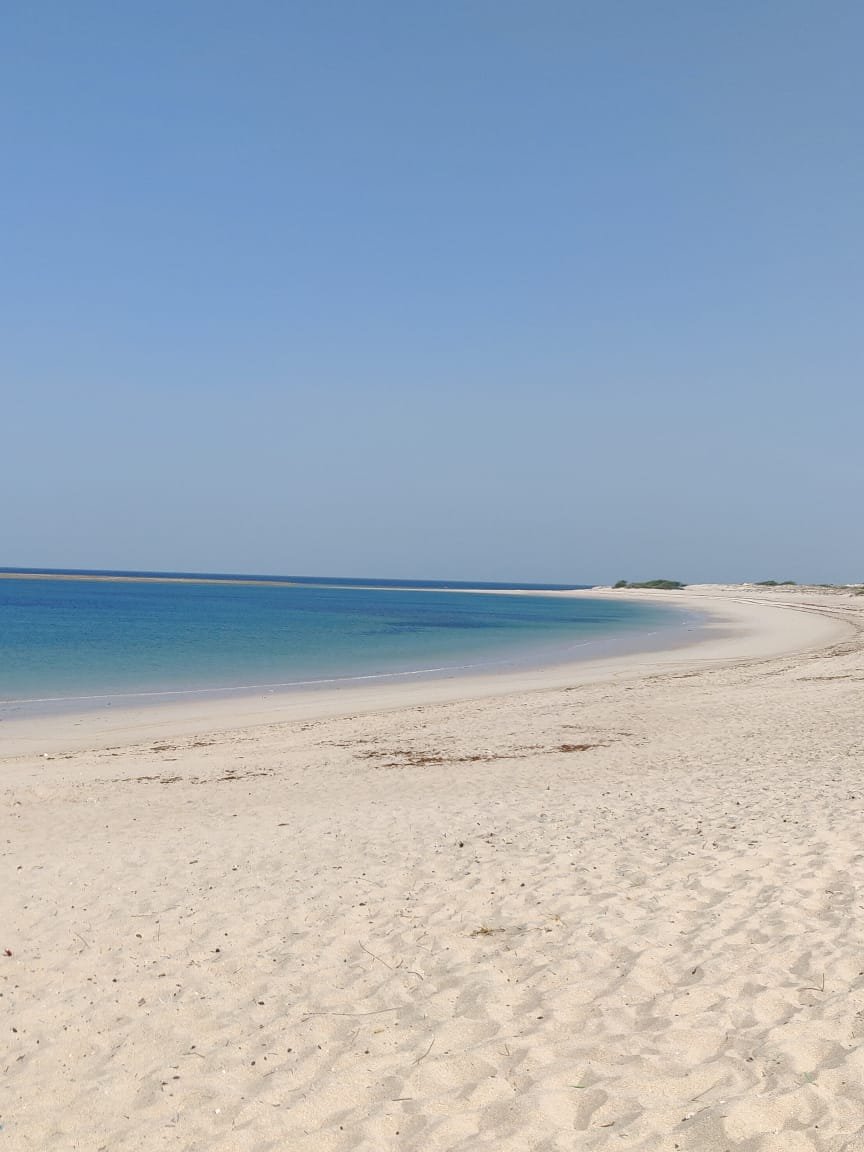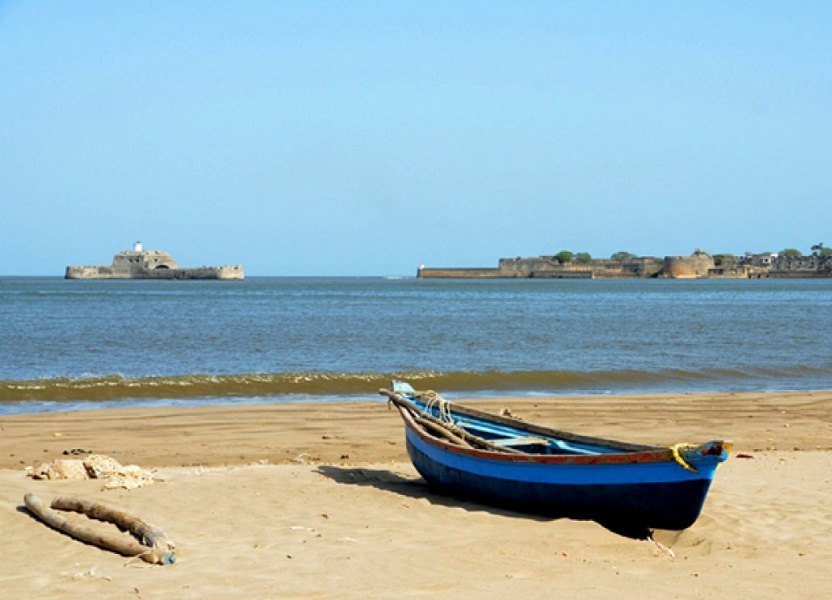Indians have craved for scenic beaches with crystal clear water for a long time now. This craving may finally be satisfied, thanks to consistent efforts by the authorities as well as the public. Read on to find out.
Eight beaches spread across five states and two union territories in India have been awarded the coveted ‘Blue Flag’ certification, Ministry of Environment, Forest and Climate Change said on Sunday.
The eight beaches that have received the international certification are Shivrajpur (Dwarka, Gujarat), Ghoghla (Diu, Daman & Diu), Kasarkod and Padubidri (Karnataka), Kappad (Kerala), Rushikonda (Andhra Pradesh), Golden Beach (Puri, Odisha) and Radhanagar (A&N Islands).
The ‘Blue Flag’ certification was awarded to the eight Indian beaches by an international jury, comprising members from organisations like International Union for Conservation of Nature (IUCN), UN World Tourism Organization (UNWTO), UN Environment Programme (UNEP) and Foundation for Environmental Education (FEE).
8 of India’s serene beaches get the prestigious Blue Flag Certification. This showcases the importance India attaches to protecting such spots and furthering sustainable development.
Truly a wonderful feat! https://t.co/dy02H7AyaD
— Narendra Modi (@narendramodi) October 11, 2020
Prime Minister Narendra Modi described the Blue Flag certification for eight beaches as a ‘wonderful feat’, saying it showcases the importance India attaches to protecting such spots and furthering sustainable development. This certification is not only a testimony of a more eco-friendly India but will also serve as a catalyst for coastal tourism.
The Environment Minister, Prakash Javadekar, via twitter also stated that, “India is also the first country in the “Asia-Pacific” region which has achieved this feat in just about 2 years’ time.” India saw another award coming its way on the same day, wherein the nation was awarded the third prize by the jury under the “International Best Practices” for pollution control in coastal regions.
The #Blueflag certification accorded to India’s 8 beaches by an international jury comprising of @IUCN , @UNWTO , @UNEP etc. is also a global recognition of India’s conservation and sustainable development efforts.
Details :https://t.co/I8uK2qIODl pic.twitter.com/YeaY2Ug8uM
— Prakash Javadekar (@PrakashJavdekar) October 11, 2020
What is Blue Flag Certification?
The certification is a globally recognised eco-label whose certified beaches, boats and marinas are considered to be the most pristine and immaculate beaches around the world. Spain has got the highest number of such certifications followed by Greece and Turkey. Blue Flag is accorded by Foundation for Environment Education (FEE), Denmark.
The certification is granted based on 33 criteria under four heads –
(I) Environmental education and information
(II) Bathing water quality
(III) Environment management and conservation
(IV) Safety and services at the beaches
In FEE’s own words, “A Blue Flag beach, marina or boating operator is not only a place to give a sense of pride to the community and to attract tourism, but it also promotes environmental issues and awareness”
In order to qualify for the certification, a series of stringent environmental, educational, safety, and accessibility criteria must be met and maintained. India is the only country that has received the Blue Flag certification in 2 years’ time. Japan, South Korea and UAE are the only other Asian nations that have been conferred with a couple of Blue Flag beaches in a time frame of about 5 to 6 years, PIB reported.
Apart from this, the attestation of the certification’s tough assessment processes is evident by the fact that countries that are famous for their coasts like USA, Cuba, New Zealand, Thailand, Australia, Indonesia, Mauritius, Maldives etc. have still not received a single Blue Flag Certification.
With the feat, India is now in the league of 50 ‘Blue Flag’ countries. According to the government, India is planning to achieve Blue Flag certification for 100 such beaches.








